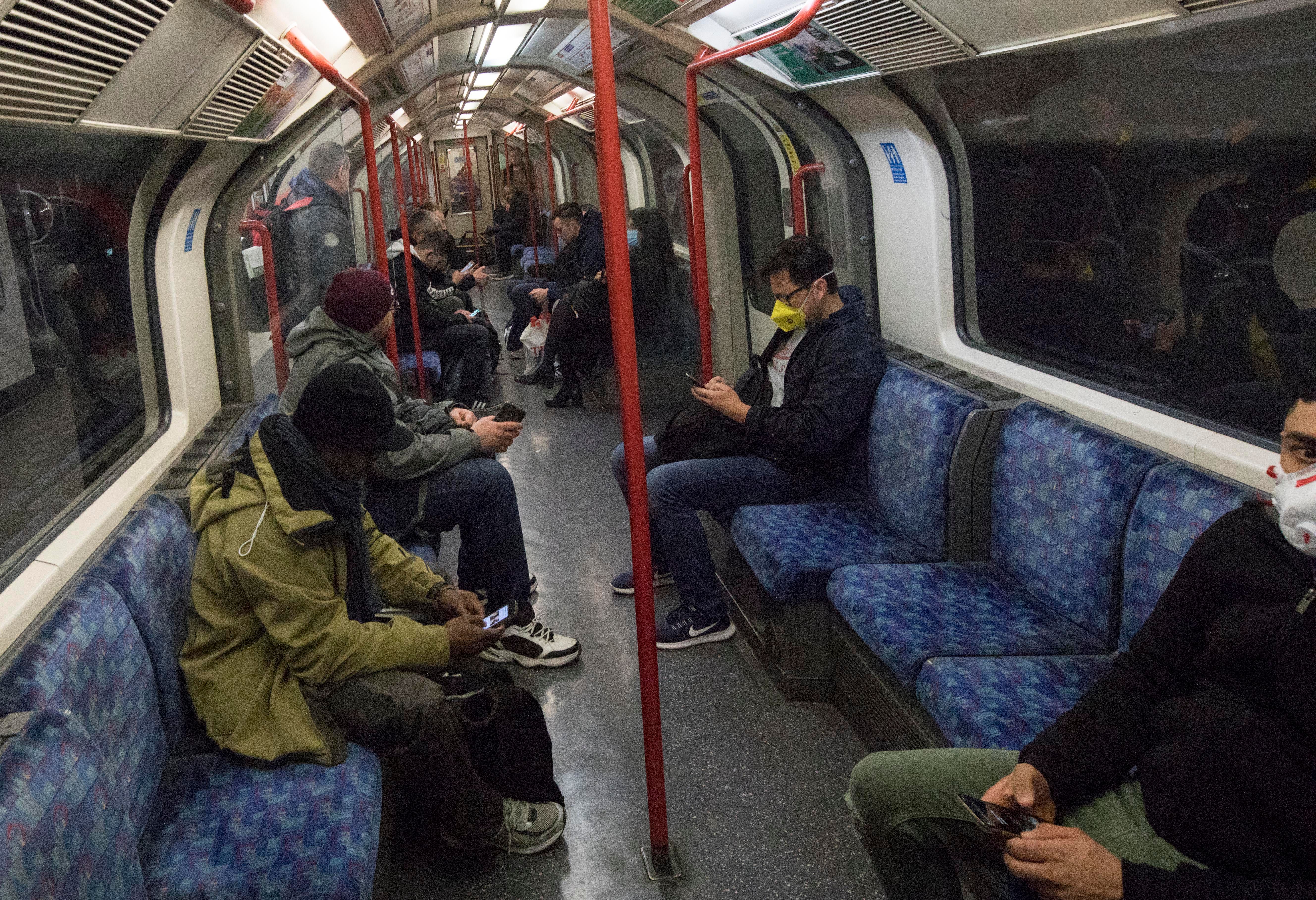Boris Johnson took the unprecedented step last night of placing the whole country under a partial “lockdown” to help slow the spread of the coronavirus.
The key message is: stay at home to save lives. But there are some exceptions.
So what are the rules around leaving the house, going to work, and getting supplies?
If you’re not self-isolating and you’re not in a vulnerable group
Travelling to work
The government says people should only go to work “where this absolutely cannot be done from home”.
While many shops, leisure and public buildings have been forced to close, in other sectors, it seems to be up to employers whether they require people to come into work.
Government guidance to businesses published today says “workplaces should encourage their employees to work at home, wherever possible” but stops short of mandating the change.
Clearly, many roles – including in the NHS and at supermarkets – require workers to leave their homes, but there are fears that some employees are being told to come to work even when not strictly necessary.
Construction workers have expressed concern on social media that building sites remain open, with many calling on the government to force them to close.
And union leaders say drivers and front-line staff are “furious” that London’s Tube trains, which have been running a reduced service in recent days, are still packed with commuters.
Some have called on the Mayor of London, Sadiq Khan, to increase the number of services to allow those who need them to maintain a safe distance from other passengers.
Mr Khan said: “Londoners should not be travelling by any mode of transport unless it is absolutely necessary, and only critical workers should be using public transport.”
Going to the shops
You are allowed to leave the house to get essential supplies from a supermarket or pharmacy. A number of other premises will remain open – including banks, post offices, newsagents and homeware stores.
Medical necessity
The partial lockdown rules permit people to leave the house for “any medical need, or to provide care or to help a vulnerable person”.
Exercising outside
The new rules allow for “one form of exercise a day, for example a run, walk, or cycle – alone or with members of your household.” Though again, you should keep at least two metres away from others if you do venture outside.
Playgrounds, outdoor gyms and sports pitches have been closed.
Taking children to school
Schools across the UK are closed, but for a minority of children – those who are vulnerable or whose parents are key workers – they remain open. The list of key workers is available on the government website.
If your child is in one of those categories, you are allowed to leave the house to take them to and from school.
Children of separated parents
There was some confusion this morning after cabinet minister Michael Gove appeared to suggest that children whose parents share custody might not be able to travel between their parents’ homes under the new rules.
He later appeared on BBC Breakfast to “absolutely clarify” that “it is the case that children under the age of 18 can see both parents”.
Socialising outside
Government advice is that we should all be cutting out in-person contact with people who are not part of our immediate household – so-called “social distancing”.
There were fears over the weekend that some people were using parks and other open spaces to meet up with friends and family they don’t live with.
As of last night, public gatherings of more than two people are banned, except “where the gathering is of a group of people who live together” (the government gives the example of a parent taking their children to the shops if they can’t be left at home) or when it’s essential for work purposes. Though again, the government urges workers to avoid meetings where possible.
In short: you should not be spending time with people you don’t live with, either at home or outside.
Enforcing the new rules
The police are to be given new powers to make sure the public stick to these new rules – though the legislation to back them up has yet to be passed.
The head of the Scottish force said that until the new laws take effect on Thursday, his officers will be “relying on consent”.
A Downing Street spokesperson told reporters today that those who break the rules will receive a £30 fine, with the prospect of “significantly” higher penalties for repeat offenders.
Last week it was reported that some 40,000 Italians had been charged by authorities in the first ten days of the country’s lockdown. Senior politicians are reportedly considering raising the financial penalty for breaching coronavirus restrictions from 206 to 3,000 euros.
If you’re self-isolating or in a vulnerable group
If you are self-isolating – which you should do if you or someone you live with has a new, continuous cough or a fever – you must not go to work, school, or public areas, and you must not use public transport or taxis.
You should not even go to the shops for food if you can avoid it while self-isolating. If you can’t get help and need to leave the house for food, you should keep your distance from others while outside.
You can go outside to exercise once a day – but you must stay at least two metres away from others. The government’s full guidance for self-isolation is available here.
From yesterday (Monday 23 March), the government has asked people aged over 70, pregnant women, and those with underlying health conditions to stay at home for 12 weeks.
The latest government guidance says you can “go for a walk or exercise outdoors if you stay more than two metres from others.” Otherwise you should be at home and pay particular attention to government guidance on social distancing – which is available here.





